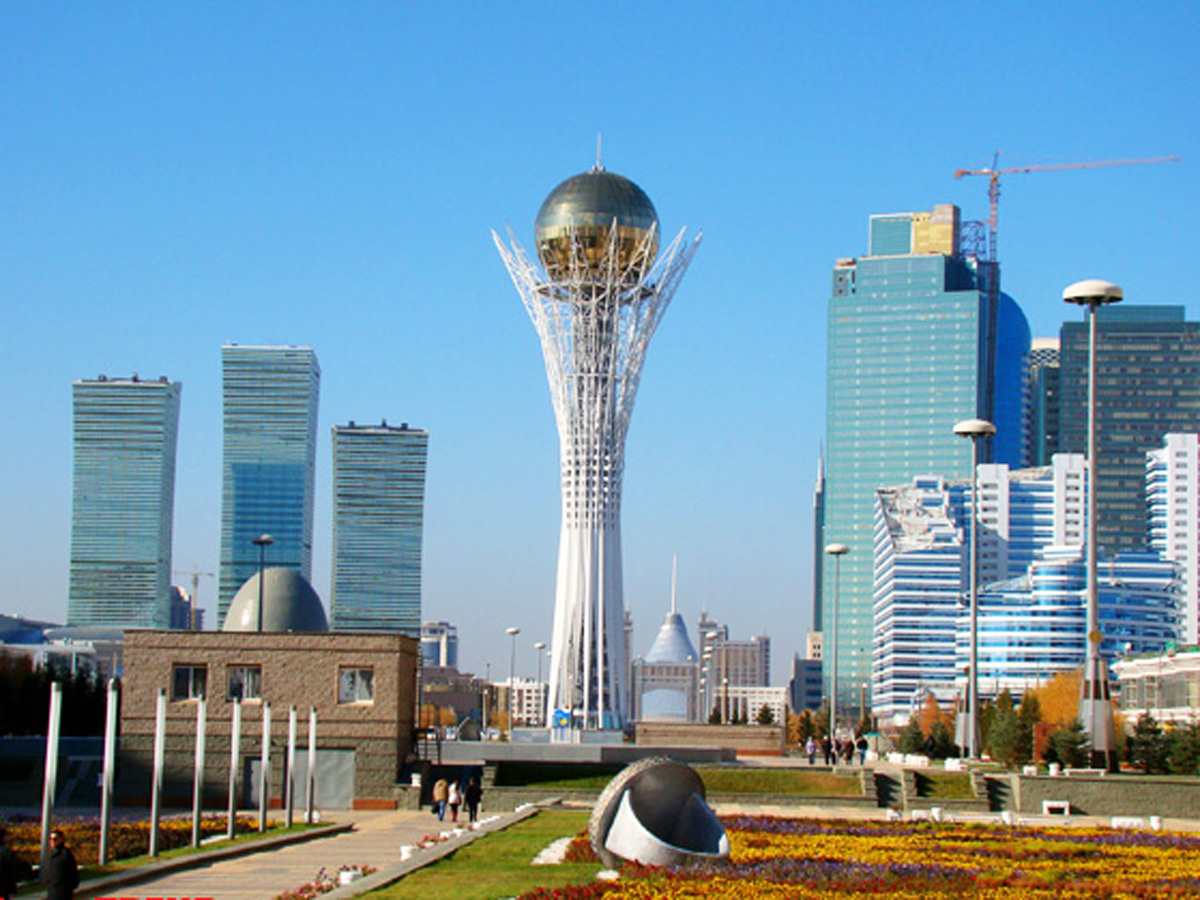BAKU, Azerbaijan, Sept. 22
By Nargiz Sadikhova – Trend:
The COVID-19 related quarantine regime introduced on March 19 and the related bans and restrictions became the reasons for the improvement of the atmospheric background in Kazakhstan’s Nur-Sultan city, the Ministry of Ecology, Geology and Natural Resources of Kazakhstan told Trend.
The ministry noted during the quarantine period Kazhydromet RSE assessed the state of atmospheric air in Nur-Sultan and Almaty cities.
According to the analysis of Kazhydromet, from March 10 through March 16, 2020 (the week before the introduction of quarantine), the maximum one-time dust concentrations amounted to - 1.2 maximum one-time maximum permissible concentration (MPC), while from March 17 through March 25 (a week after the introduction of quarantine) in 2020, the same figure was 1.1 MPC.
The concentrations of other pollutants did not exceed the MPC, and no cases of high pollution (HP) and extremely high pollution (EHP) of atmospheric air in the city were recorded.
In turn, in Nur-Sultan city, the maximum one-time dust concentration on April 9, 2020 was 1 MPC.
At the same time, the concentrations of pollutants decreased compared to February and March 2020: sulfur dioxide - 2.2 times, hydrogen sulfide - 1.3 times, nitrogen dioxide - 1.6 times, dust - 1.8 times, nitric oxide - 1.1 times and hydrogen fluoride - 1.2 times.
The maximum one-time concentration of sulfur dioxide decreased by 3.6 times compared to April 2019; hydrogen sulfide - 1.9 times; nitrogen dioxide - 2.8 times; carbon monoxide - 2.7 times; dust - 2.6 times; hydrogen fluoride - 1.7 times.
"Based on the foregoing, the reasons for improving the quality of the atmospheric background in the city of Nur-Sultan are: the introduced on March 19 quarantine regime, a decrease in traffic flow, a decrease in anthropogenic emissions from enterprises and the private sector," the ministry said.
---
Follow the author on Twitter: @nargiz_sadikh






